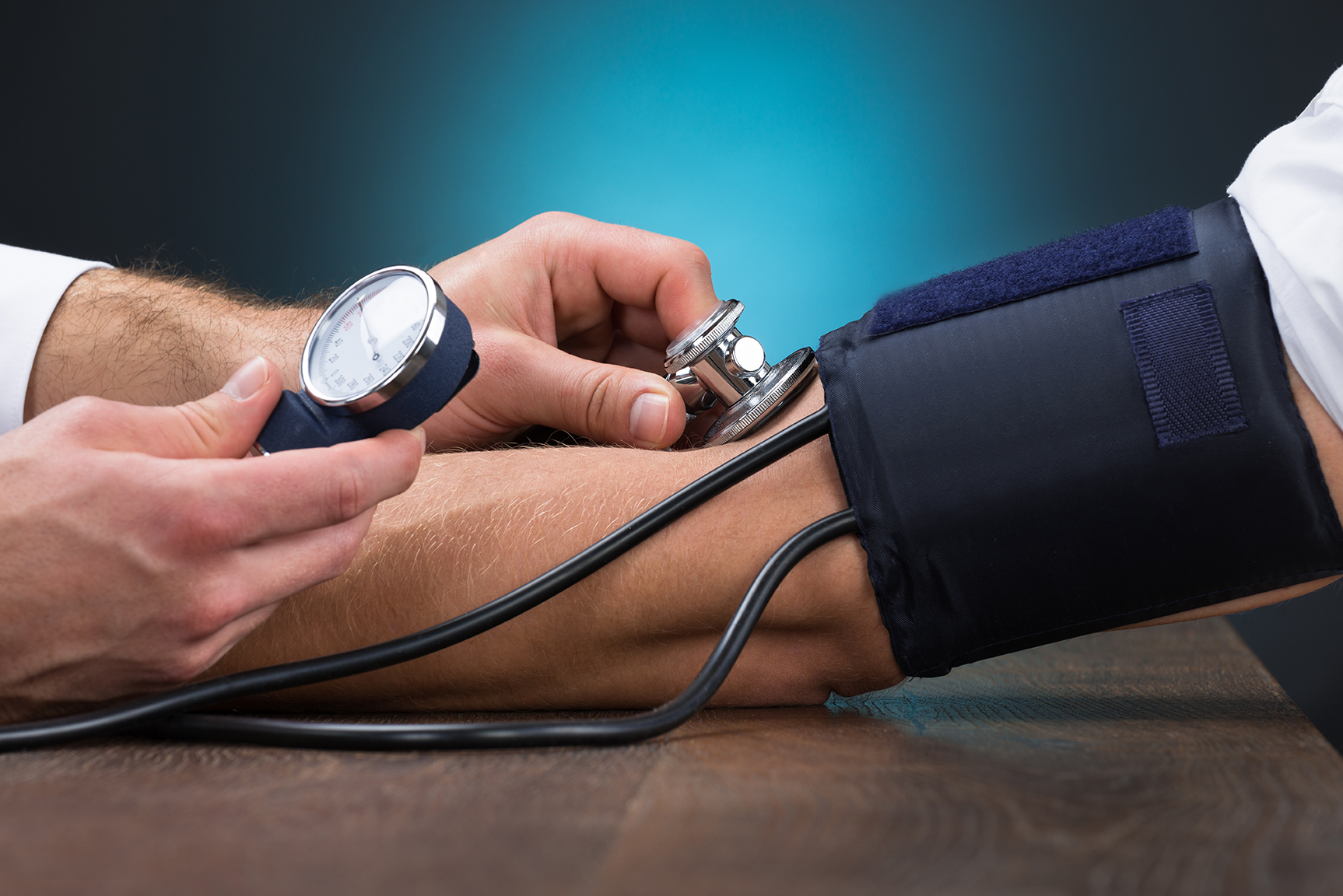We generally associate being irritable, getting angry, and having a pounding heart as high blood pressure symptoms. Contrary to this belief, both diabetes and hypertension are silent killers. Added to that, the cause for concern is the alarming rise in the number of people with high blood pressure, especially among the youth.
What is blood pressure?
Blood pressure is the pressure of blood in the body’s circulatory system. As heart pumps blood all over the body, blood flows through blood vessels. In this process, blood pushes against the walls of blood vessels. This pushing is blood pressure. When this pressure is higher compared to the normal blood pressure range, then the risk of heart diseases, and heart attack increases.
What is high blood pressure?
When blood is pumped out of the heart into the arteries, the resulting pressure is called systolic. Blood pressure in between heart beats, that is the time when the heart rests between two beats, is called diastolic. High blood pressure is when pressure of blood is consistently high and beyond normal blood pressure range.
Risks of high blood pressure
- High blood pressure harms a person in many ways. It first starts damaging the heart and circulatory system by making them work harder.
- High blood pressure damages the arteries by exerting more pressure on the tissues of blood vessels
- High blood pressure creates tiny tears in the arteries. Here, there is formation of plaque which leads to atherosclerosis
- Damage to blood vessels in the kidneys and eyes
- High blood pressure leads to cognitive, memory problems, and dementia
- High blood pressure leads to heart attacks
- Strokes
- Aneurysms
- Heart failure
Diabetes and hypertension together are silent killers as one does not realize the damage that occurs inside the body. Though the reasons are not completely not clear, most people with diabetes have high blood pressure. Having diabetes and hypertension increases the risk of kidney disease, heart diseases, and stroke.
High blood pressure symptoms
Many people may not be aware that they have high blood pressure. This is because high blood pressure does not exhibit any symptoms. However, people with chronic hypertension might experience symptoms like:
- Feeling confused
- Fatigue
- Shortness of breath
- Headaches
- Dizziness
- Chest pain
- Abnormal heartbeat
- Changes in their vision
In severe cases, high blood pressure symptoms include nosebleeds, severe headache, and chest pain. In this situation, a person needs to visit a hospital immediately. This situation is called hypertensive crisis.
Stages of Hypertension
| Hypertension stage | Systolic mmHg | Diastolic mmHg |
| Normal | 120 or less | 80 or less |
| Elevated | 120 to 129 | Less than 80 |
| Stage 1 Hypertension | 130-139 | 80 to 89 |
| Stage 2 Hypertension | 140 and higher | 90 and higher |
| Hypertensive Crisis | 180 and higher | 120 and higher |
Diabetes and Hypertension
People with diabetes experience a condition called diabetic hypertension. It is very common for people with diabetes to have high blood pressure (More than or equal to 140/90 mmHg). This is because the reasons that cause type 2 diabetes with insulin resistance and high blood pressure are common.
High blood pressure in diabetes increases the risk of:
- Diabetic retinopathy
- Diabetic nephropathy
- Stroke
- Coronary artery disease
- Peripheral artery disease
- Heart failure
- Heart attack
That is why it is very important for people with diabetes to know how to control blood pressure with lifestyle modifications and medications. Lifestyle modifications include:
- Weight reduction
- Reduction of salt intake
- Consumption of adequate amounts of dietary potassium, magnesium, and potassium
- Limiting alcohol intake
- Smoking cessation
- Physical activity
Lifestyle modifications can successfully done by adopting a diabetes diet plan.











